What was the most memorable thing from elementary school?
Many probably thought of Outdoor Ed or some other field trip. Memories about 4th-grade math are most likely much vaguer.
“Years ago, when I was a student at Menlo Atherton High School, I always looked forward to field trips. My English classes took many trips to the American Conservatory Theater in San Francisco, and I loved watching productions of Othello, Hamlet, As You Like It, and Macbeth,” said Carolyn Wallace, an English teacher at Carlmont.
However, field trips have been declining in the American public school system. In many middle and high schools, field trips have become less and less common. Steep costs and organizational difficulties can make it hard to justify field trips.
There are two types of field trips: culturally enriching trips and reward trips. Reward field trips, which often come after testing, reward students for their hard work. During these trips, students visit fun places such as amusement parks or movie theaters. On the other hand, culturally enriching field trips aim to enhance a student’s education. These include visiting museums, workplaces, or watching plays.
Studies have shown that these culturally enriching trips have significant boons. According to the National Education Association, 89% of field trips have a positive impact. Educational trips increase grades and graduation rates in both high school and college. Culturally enriching field trips also give students different perspectives, real-world experience, and development in ways that are otherwise hard to gain in a classroom setting.
Jay P. Greene, a professor at the University of Arkansas, conducted a study on the effects of culturally enriching field trips on middle and high schoolers
“We found an increase in tolerance, an increase in empathy, and an increase in content knowledge,” Greene said during a podcast.
Field trips can help students understand things like Shakespeare’s plays better. They can be confusing and students are often asked to analyze the plays on a deep level. To help with this, teachers will often show students clips of the movie version of the play, but Greene’s research found minimal benefits in doing this. In contrast, students who visited a live theatre showed greater understanding as well as increased perspective.
“Seeing a play performed live on stage is a much different experience from reading a script silently or out loud in class. I found that after having participated in each field trip to the theater, my appreciation and understanding of what I studied while in class were magnified,” Wallace said.
Carlmont offers several field trip opportunities. Music students are able to perform at Disneyland, BTI students are presented with a host of real-world experiences, business students attend an overnight competition, and Journalism students can take part in a nationwide journalism convention. These trips often become the highlight of students’ high school experiences and one of their most memorable experiences.
However, they are only available for the students in specific courses. Field trip opportunities do not appear for people taking regular classes, and those students never get to experience new things and develop new perspectives from that off-campus adventure.
“We suspect that simply leaving school and seeing something is an enriching experience may help broaden the worlds for students. Like travel broadens the mind, simply leaving school may broaden the mind,” Greene said.

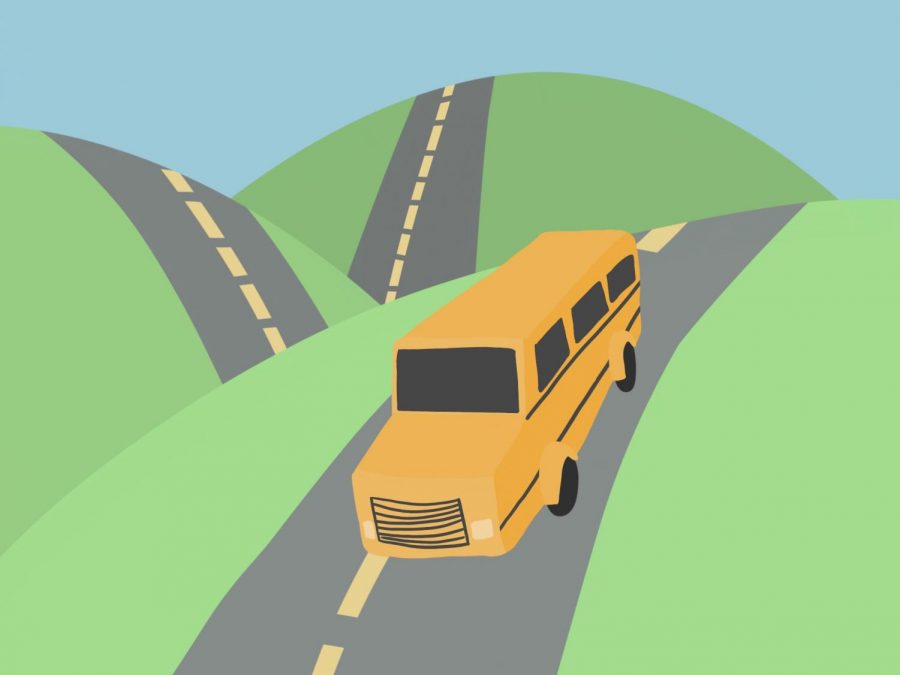



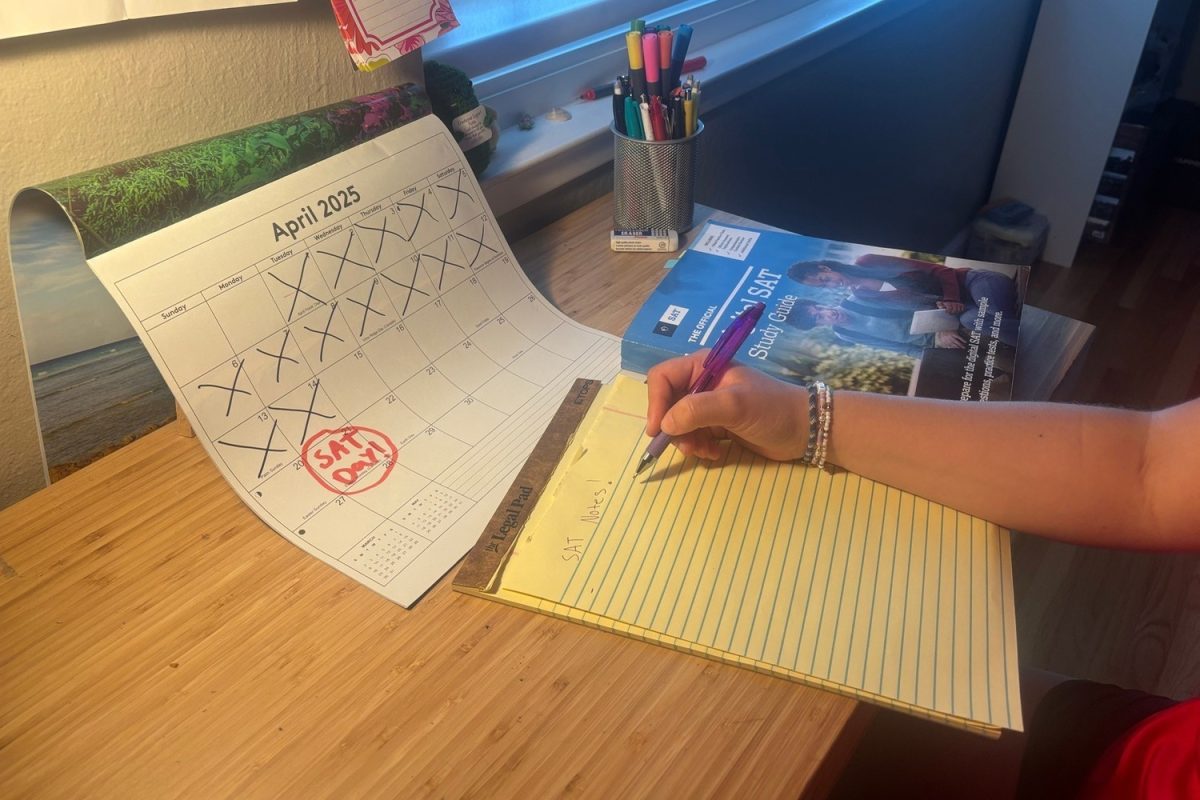



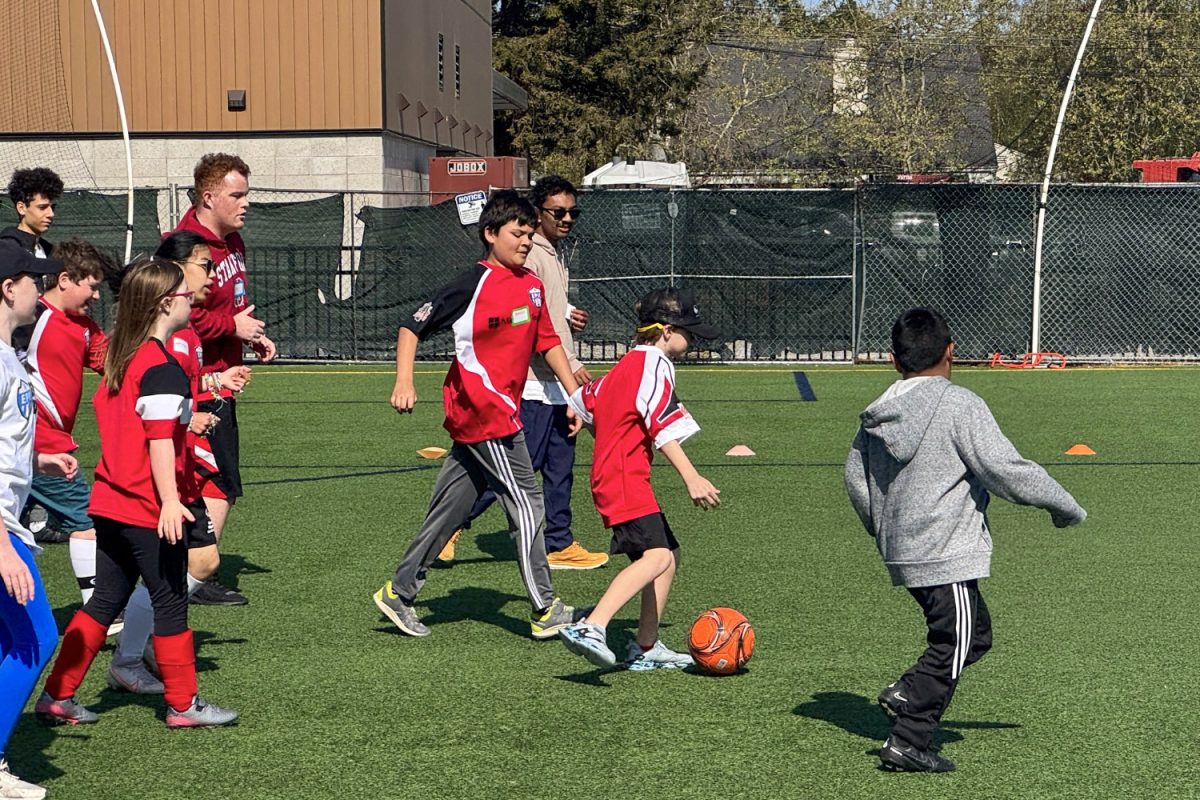
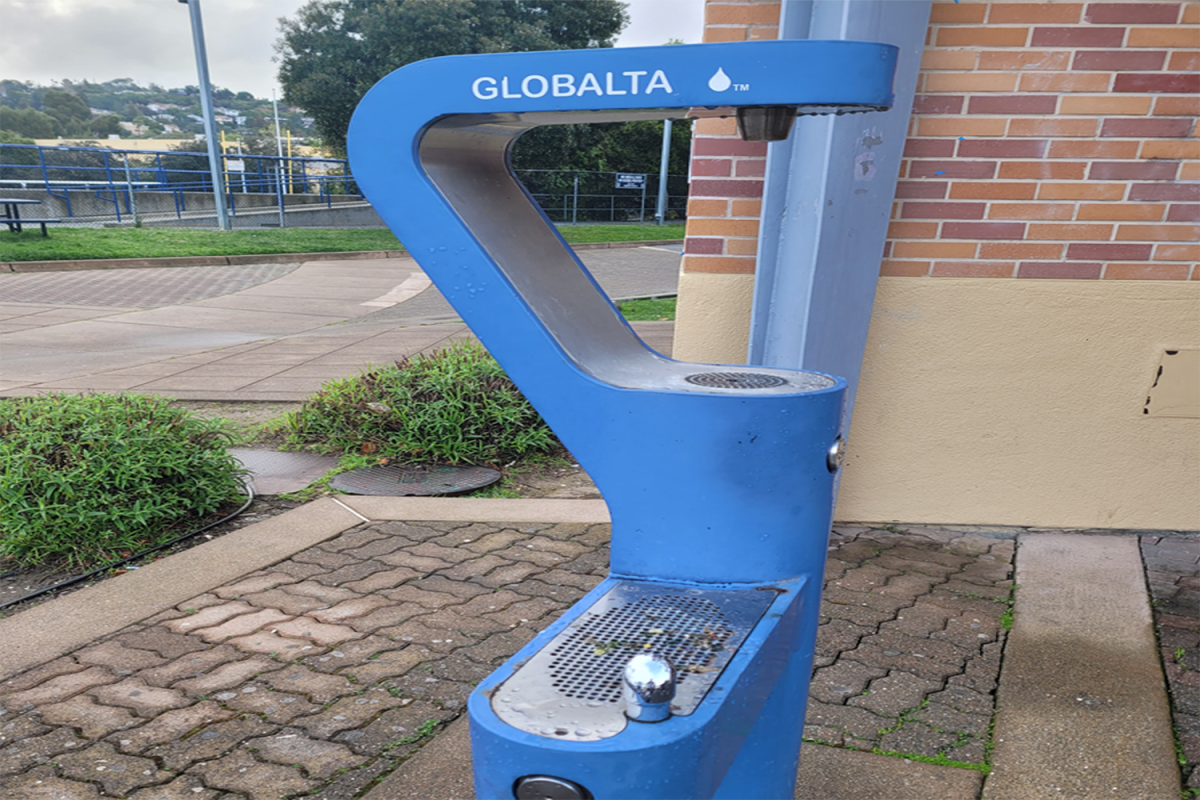
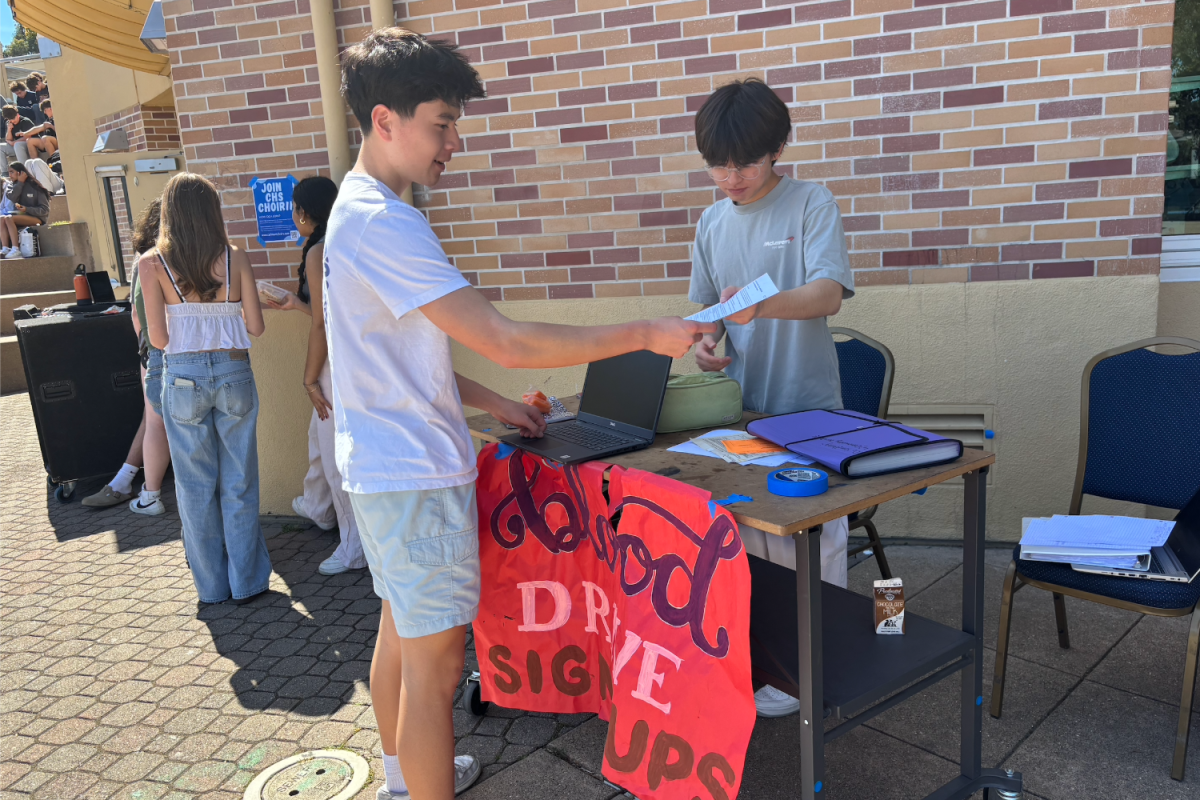

Mark Blacknan • Mar 16, 2021 at 7:14 pm
Great article, Kai! You demonstrate a solid understanding of the benefits of field trips for young people. Your reference to Jay Greene’s research, which gives proven credence to the educational and social value of field trips, shows you have done your homework!
As the founding co-director of ArtsPower National Touring Theatre, and the coordinator of our company’s Field Trip Series over a 20-year period that brought our theatre productions to 41 theatres in 14 states, I truly appreciate your interest in shedding light on this vital part of every student’s educational experience during the school day.
Good luck and keep writing!
Mark Blackman
Founding Co-Director
ArtsPower National Touring Theatre
Cedar Grove, NJ
www. artspower.org